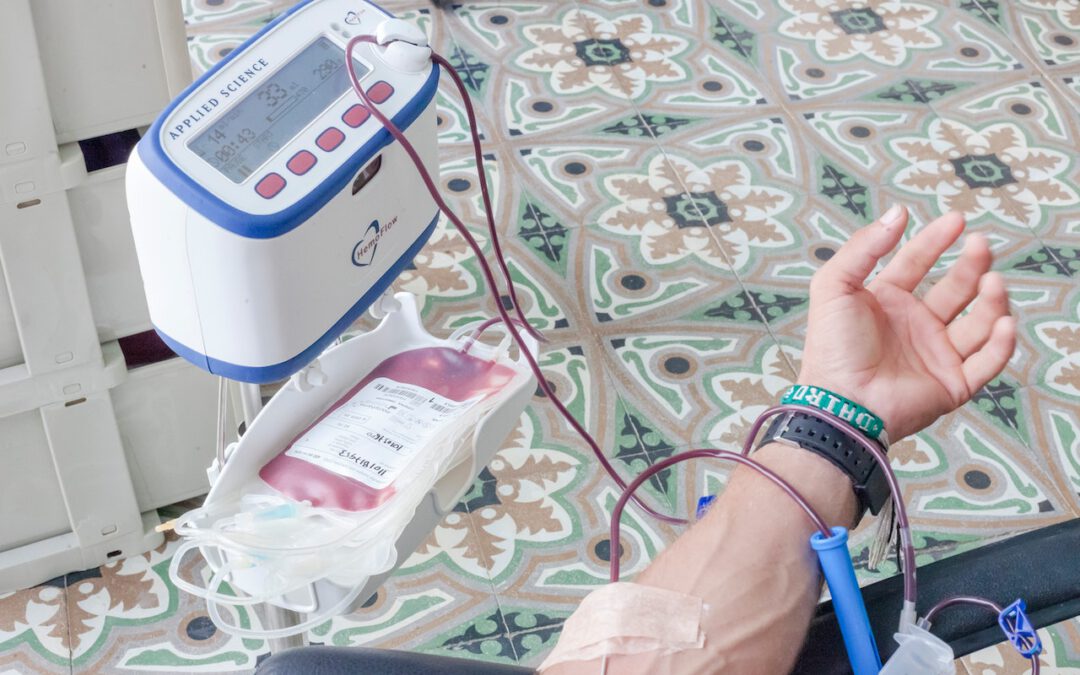Doctors use blood tests to check for things such as infections, anemia, and diabetes. They may also use blood tests to check how well organs, such as the liver and kidneys, work. Blood tests can also be used to screen for certain types of cancer.
Most people will need to have blood drawn at least once a year. However, people with certain medical conditions may need blood drawn more often. If you have many more questions about routine blood work, keep reading this article.
What Is Routine Blood Work For?
We do routine blood work to catch early warning signs of disease before symptoms occur. The typical blood tests include:
- A complete blood count (CBC) measures the number of red and white blood cells and the hemoglobin level in your blood. This test can help to diagnose anemia, infection, and other blood disorders.
- A basic metabolic panel measures blood sugar, calcium, and electrolyte levels. This test checks for diabetes, kidney disease, and other disorders.
- A liver function test measures the levels of enzymes in your blood produced by the liver. This test can be used to check for liver damage or disease.
- A thyroid function test measures the levels of hormones produced by the thyroid gland. This examines for thyroid disorders such as hypothyroidism or hyperthyroidism.
What Can One Expect in Blood Work?
A CBC and BMP are two tests that your doctor may recommend that you get every year during your annual well visit. This is because these tests can help show any fluctuations in blood sugar or any other chemical changes that might be present. To get accurate results from these tests, you must fast for 12 hours before blood draws. This means you will not be able to eat or drink anything during this period.
The staff at your primary care practice will use a separate vial for each panel, but you will only need one needle for all of the tests. Once your blood has been drawn, it will be sent to a lab for further testing. Your doctor should have the results of the tests back within a few days. If any of the results from your baseline blood work tests show abnormal results, the next step will be to get further testing done.
Does Blood Work Differ Based on Sex and Age?
Some blood tests are specific to women or are more commonly ordered for women than men. These include tests for anemia, pregnancy, and sexually transmitted infections. Your doctor may also request additional tests if you have certain risk factors, such as a family history of certain diseases.
As we age, our bodies change and we may need to have different blood tests done more frequently. Doctors also tend to order thyroid panels more regularly for older adults. Standard blood tests for seniors include cholesterol, diabetes, and kidney function tests. Finally, if you are a sexually active young adult, your doctor may be more likely to recommend getting tested for HIV and other sexually transmitted diseases.
Conclusion
Routine blood work is an essential part of maintaining your health. It can help detect problems early before they become serious. Blood tests can also be used to monitor your health and check for side effects from medications.
Professionals take the time to get to know each patient and their unique needs. Part of providing comprehensive care is performing routine blood work. Blood work helps us catch any potential issues early.
Are you looking for annual health exams in Troy? Rely on Family Medicine and Wellness. Health and wellness are of utmost importance for well-being and are attained through a personalized patient-physician relationship. Contact us.



Recent Comments